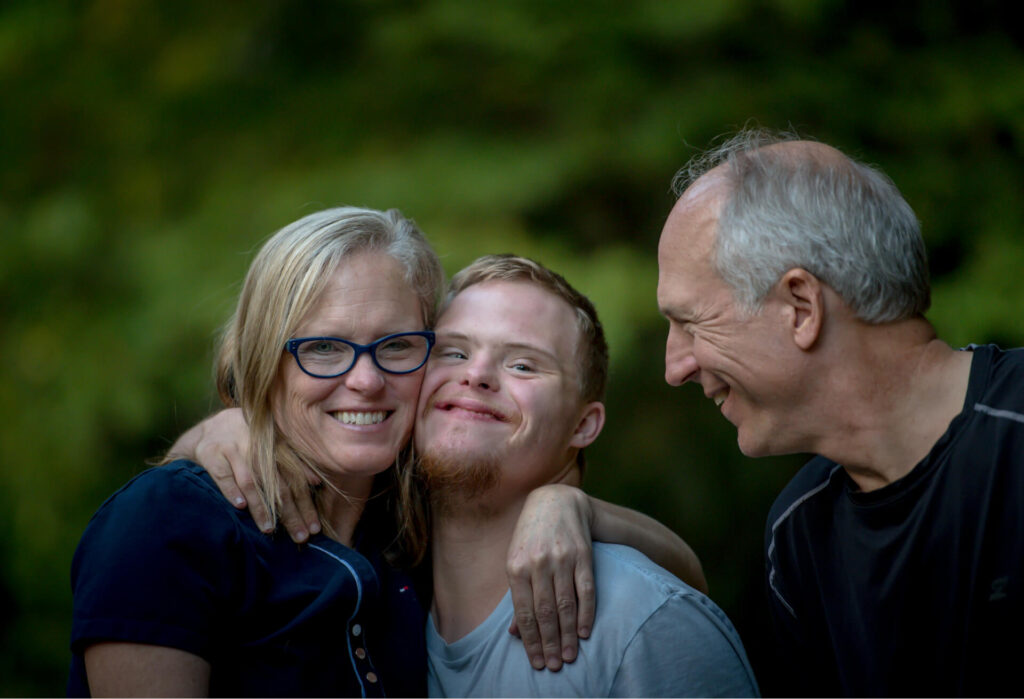Dialectical Behavior Therapy (DBT)
Dialectical behavior therapy (DBT) is a type of cognitive-behavioral therapy (CBT) designed to help people manage intense emotions and develop coping mechanisms for challenging situations. Originally developed by Dr. Marsha Linehan in the late 1980s to treat borderline personality disorder (BPD), DBT has since been adapted for a variety of other mental health conditions, including depression, anxiety, substance abuse, and eating disorders. DBT-informed refers to an approach to therapy that incorporates elements of DBT without necessarily adhering to the full, structured DBT model.
Key Components of DBT

- Mindfulness: The core of DBT, mindfulness focuses on being fully present in the moment and aware of one’s thoughts, feelings, and surroundings without judgment. This helps individuals to respond to situations more effectively rather than reacting impulsively.
- Distress Tolerance: These skills are about coping with painful emotions and situations without making things worse. It involves learning how to tolerate discomfort in the short term to avoid destructive behaviors.
- Emotion Regulation: This involves understanding and managing intense emotions, reducing emotional vulnerability, and increasing positive emotional experiences. The goal is to help individuals identify and change negative emotional patterns.
- Interpersonal Effectiveness: This component focuses on improving relationships by teaching skills related to assertiveness, communication, and maintaining self-respect while interacting with others. It helps people balance their needs with those of others and navigate interpersonal conflicts more effectively.

DBT is distinct in its emphasis on the balance between acceptance and change. The therapist works with the client to accept themselves as they are also striving to make positive changes in their behavior and thought patterns. While initially developed for borderline personality disorder, DBT has proven effective for a range of mental health issues, especially those involving emotional dysregulation. DBT can help individuals develop healthier coping mechanisms and greater emotional stability and enhance the ability to connect with others, communicate needs, and resolve conflicts.

